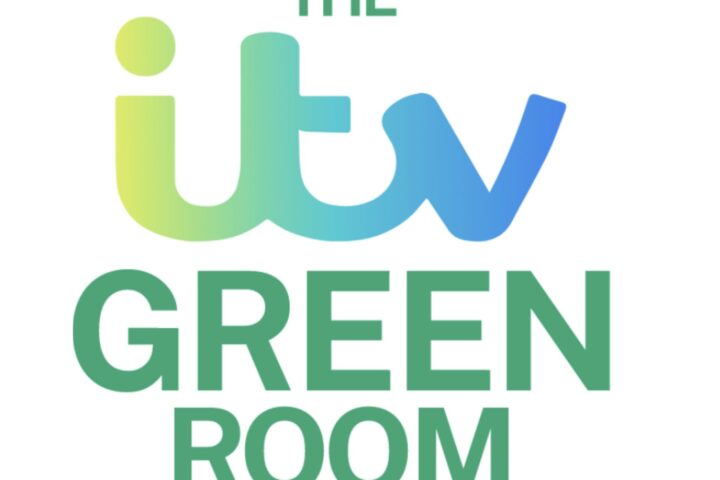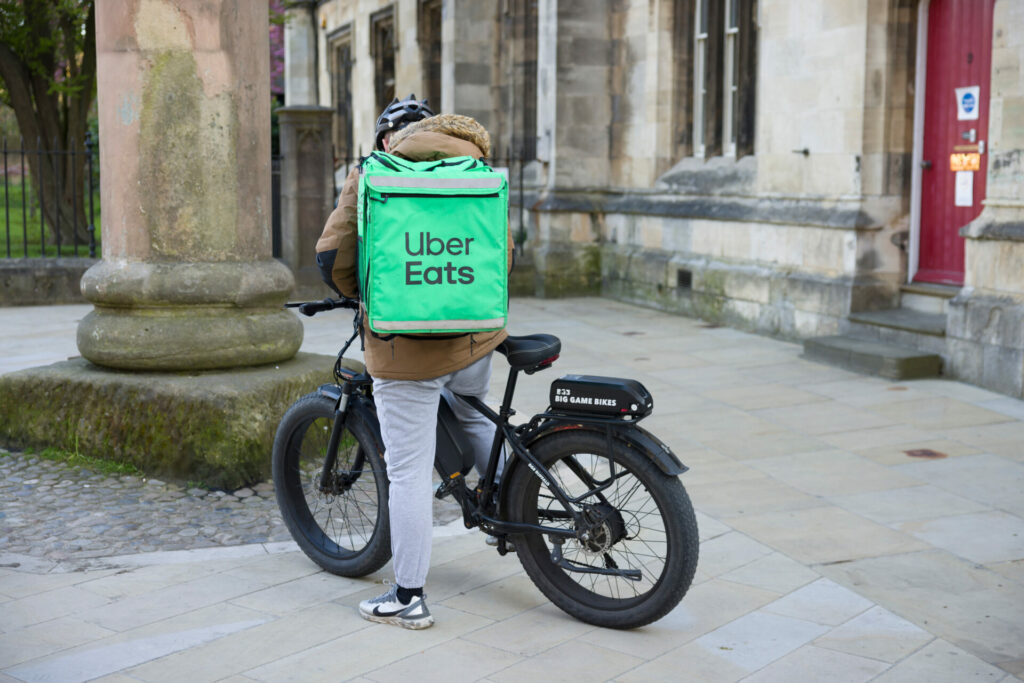The landscape for freelancers in the UK has grown increasingly challenging, with only 35% feeling confident about their long-term future due to IR35 changes and economic instability, according to Malt’s ‘Freelancing in Europe 2024’ report. This confidence level is significantly lower than the European average of 69% and is starkly contrasted by figures from Germany (86%) and France (75%).
The report indicates a growing uncertainty among UK freelancers, with only 53% not seeking full-time employment, while 12% are actively looking for full-time jobs, and 35% are considering it. This contrasts with countries like Germany, Belgium, and the Netherlands, where a larger proportion of freelancers are not seeking full-time employment.
In the UK, more than half (51%) of freelancers perceive a slowdown in business opportunities, a sentiment less commonly felt in France, Germany, and Spain. The IR35 legislation has particularly exacerbated the situation, leading some companies in sectors like financial services to avoid hiring UK freelancers altogether to circumvent the complexities of the regulation.
Quentin Debavelaere, general manager for UK, Benelux and Middle East at Malt, commented on the issue: “Economic uncertainties and especially legislations like IR35 are the main pressure points for freelancers in the UK. Many organisations have slowed down their investments by reducing marketing spend and focusing on core business activities. This resulted in a big slump in the demand for advertising and consulting services, in a stark contrast with 2021 and 2022.”
Despite these challenges, there is still a sense of optimism. Some organisations see the independent workforce as a key to flexibility, with plans to maintain a significant portion of their workforce as flexible in response to increased market volatility.
To cope with high inflation rates, nearly half of full-time UK freelancers have raised their rates, although the proportion is lower among part-time freelancers, who may fear jeopardizing their supplemental income.
Debavelaere adds, “While the economic turbulence and IR35 might be muddying the waters, freelancing will continue to thrive across Europe. It’s not considered a side hustle anymore but rather a conscious lifestyle choice, especially for younger generations who value flexibility above all else.”

















